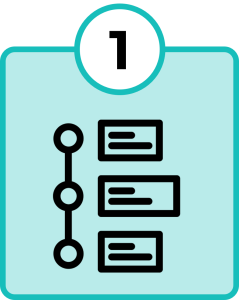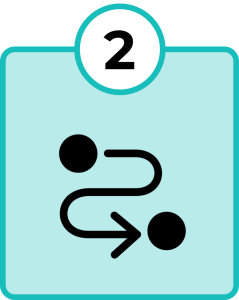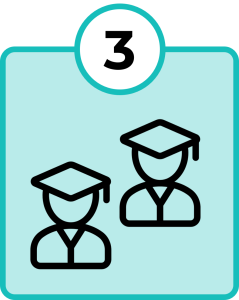Artifacts are various types of work and products created by participants.
Examples include
Student-Generated Artifacts: Focus on enhancing student performance. Choose from assignments, projects, tests, or other work as study data (Hendricks, 2013).
Archived Sources: Utilize records like students’ grades as additional artifact sources (Hendricks, 2013).
Types of Artifacts

Formative Assessment Artifacts
Ongoing assessment to gauge progress during instruction.
Examples: Quizzes, assignments, and worksheets.
Benefits: Determine teaching strategy effectiveness, assess strategy success, and facilitate reflective adjustments (Hendricks, 2013).
Considerations: Note that formative assessments can be informal and take various forms, including observations and oral questioning (Mertler, 2020).

Summative Assessment Artifacts
Measure instructional outcomes and skills at the action/strategy conclusion.
Examples: Projects, e-portfolios, papers, performances, presentations, and exams (Hendricks, 2013).

Other Student Artifacts
Explore artifacts like journals to gauge emotions, learning struggles, success, and personal growth (Hendricks, 2013).
Best Practices with Artifacts
Ensure validity by:
- Scrutinizing assessment methods alignment with instruction.
- Standardize artifact assessment to maintain consistency across evaluations, promoting accurate measurement in action research studies.
Advantages
- Formative and summative assessments serve as readily available classroom data, simplifying data collection during the teaching-learning process.
- Their routine administration enhances study feasibility by eliminating the need for designing specific instruments solely for research purposes.
Disadvantages
- Potential mismatch with the study’s goals poses a risk.
- It is essential to ensure alignment between assessment instruments and the research questions to avoid collecting potentially irrelevant or inconclusive data.
To evaluate subjective work consistently, establish a scoring rubric for standard measurement. This guideline outlines predetermined performance criteria, determining how various performance levels translate into scores or grades. This ensures standardized assessment of students’ subjective work, promoting fairness and clarity in evaluation (Hendricks, 2013).

